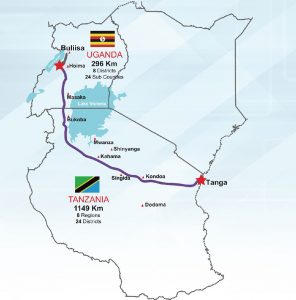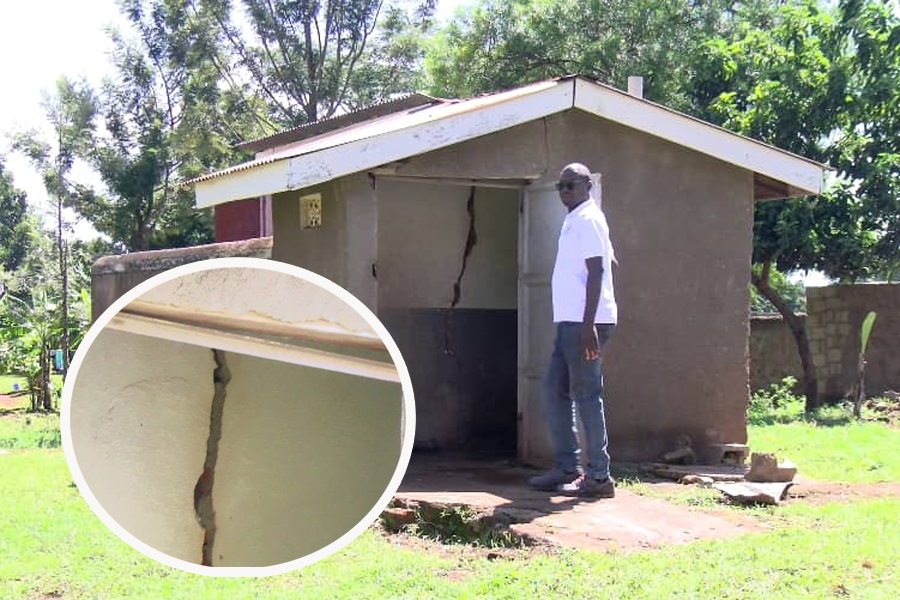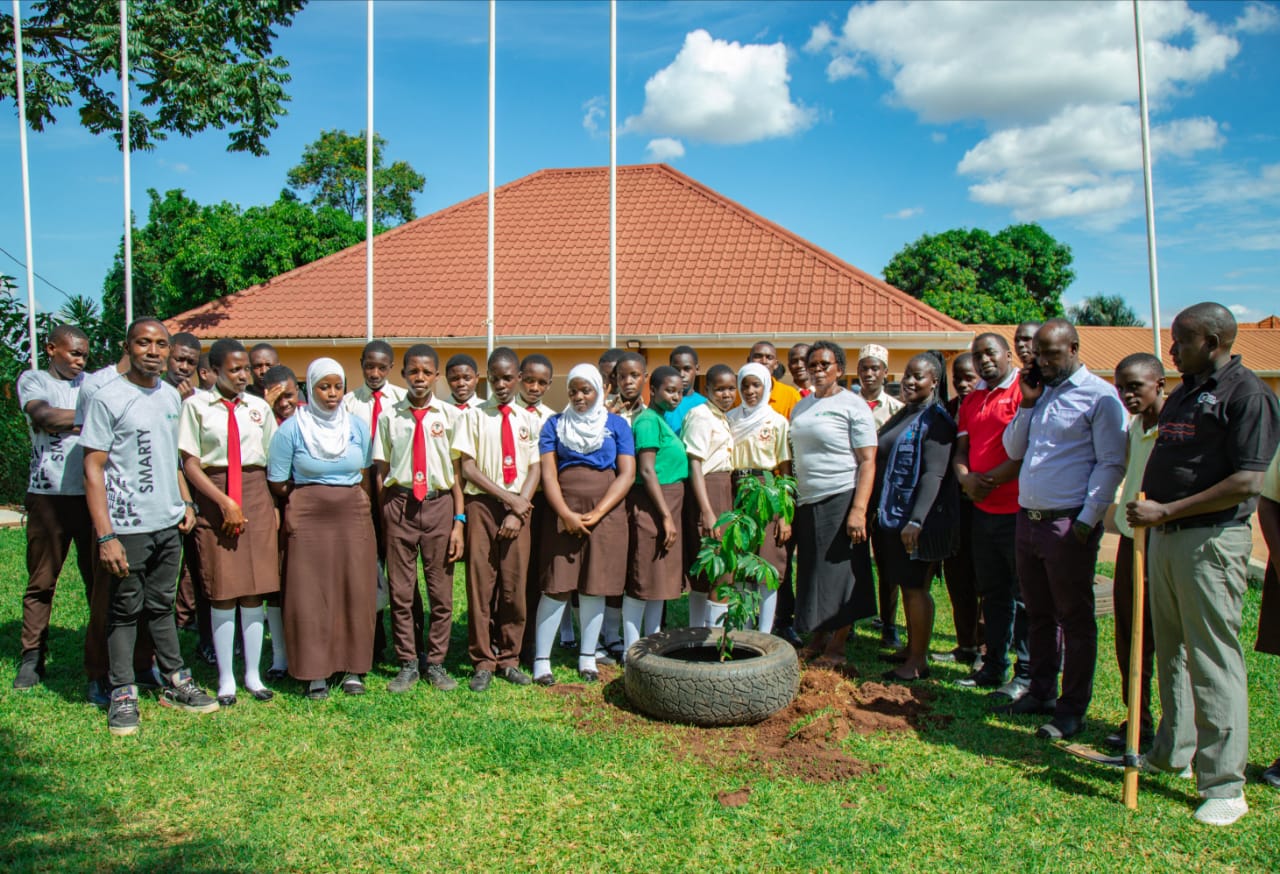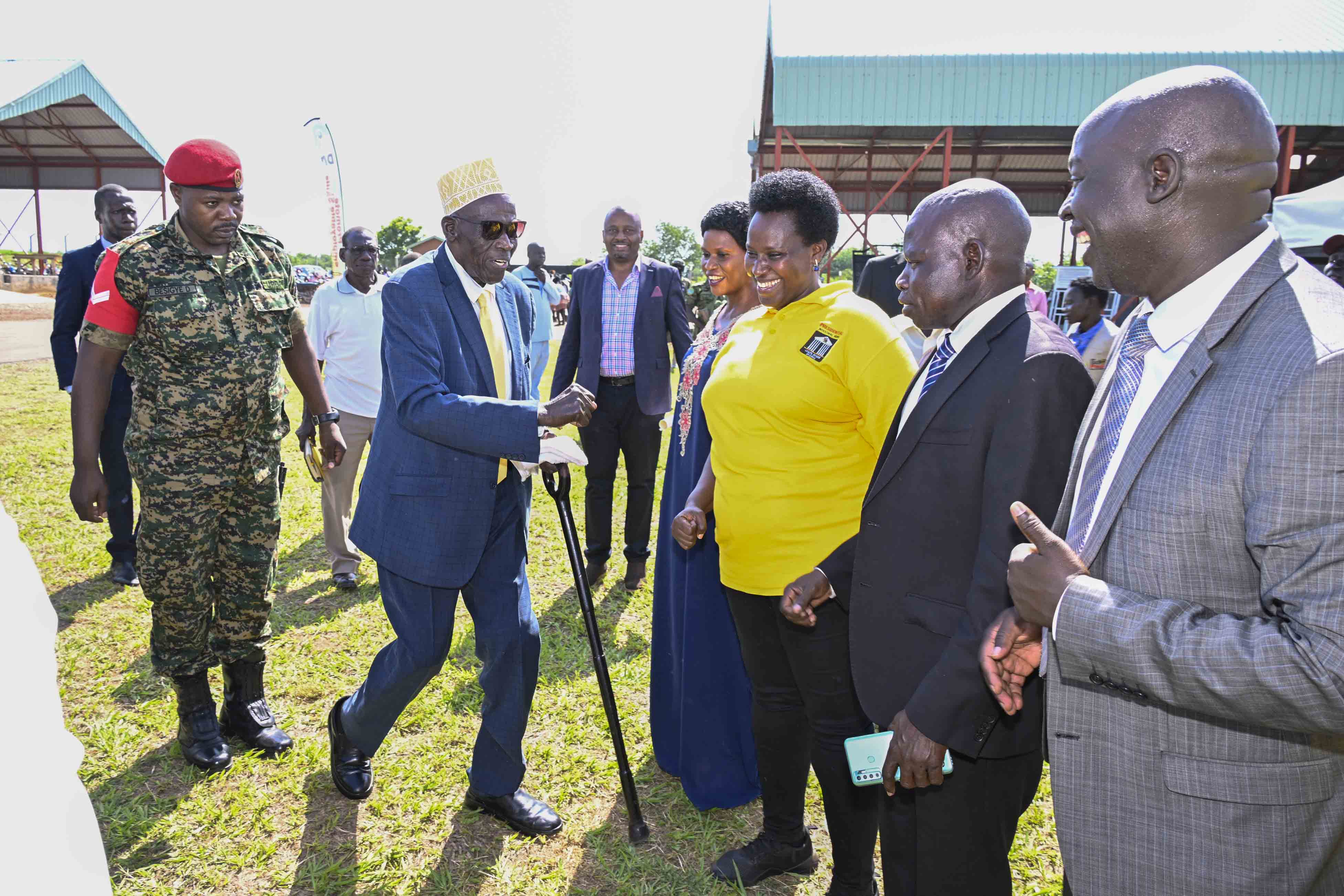Opinion: If China is serious about climate change, its banks should keep away from EACOP
Omar Elmawi and Nakabuye Hilda
A myriad of us were astonished when President Xi Jinping announced that China would halt building any new coal plants abroad during the United Nations General Assembly.
In many ways, President Xi’s statement buttressed China’s commitment to tackle both domestic and overseas climate footprints.
Echoing President Xi’s commitment to China becoming a climate leader, Industrial and Commercial Bank of China’s (ICBC) president Liao Lin said at the closing ceremony of CBD COP15 in Kunming, China, that “to protect biodiversity is to protect human beings, to protect the present, and to protect the future.”
Therefore, it defeats logic why ICBC, as the largest bank, and with a responsibility to support President Xi in fortifying this image of a climate leader by stopping all fossil fuel projects, coal, gas, and oil, and shifting everything to community-led Renewable Energy, is acting as a financial advisor on the East Africa Crude Oil Pipeline, or EACOP.
Once completed, the EACOP, stretching 1,445 kilometres from Hoima in Uganda to the Port of Tanga in Tanzania, will be the longest heated crude oil pipeline globally, and the list of risks and negative impacts associated with the project is similarly long. From environmental, social and climate impacts.
For starters, the project’s carbon impacts will be enormous. At plateau production, the pipeline will carry 216,000 barrels of crude oil per day for about 20 years.
The burning of this oil would release an estimated 34.3 million tons of CO2 per year, equivalent to nearly nine medium-sized coal-fired power plants and more than double what Tanzania and Uganda are currently emitting.
This will cause a huge dent in the target of reducing/avoiding carbon emissions.
With COP 27 planned to be in Africa (Egypt) and governments regrouping after Glasgow to deliberate on how we will avert the planetary crisis, it would be difficult, if not impossible, to reconcile with the goals of the Paris Agreement and with China’s own commitments to ensure its emissions peak before 2030 and reach carbon neutrality before 2060 should we continue on this pathway.
The project’s impacts on the local environment also raise major concerns. It threatens Uganda’s oldest and largest nature reserve, the Murchison Falls National Park.
Also impacted will be nearly 2,000 square kilometres of protected wildlife habitats and degradation of wildlife corridors for the Eastern Chimpanzee and African Elephant. Additionally, the project will also directly impact several Ramsar Wetlands in Uganda.
Then there is the risk of oil spills from the pipeline, which pose a particularly worrying risk. About one-third of the pipeline will be located within the Lake Victoria basin, an active seismic area.
An oil spill in this area would be catastrophic for major national parks, wetlands, rivers and lakes, and the water resources relied upon by 40 million people in the three countries adjacent to the lake (Uganda, Kenya and Tanzania).
The question then is, does the project offer enough benefits to justify these risks? Unfortunately, contrary to what proponents argue, the pipeline will not “unlock East Africa’s potential”.
In fact, in the past five years, we have seen the value of Uganda’s oil reserves falling by about 70%, and we suspect this could fall even further as the transition away from oil and fossil fuels continues. Also, the project risks driving Uganda and Tanzania deeper into unsustainable debt.
The local communities in Uganda and Tanzania are already suffering from the project’s impacts and have lost or will lose land due to the pipeline. In total, almost 100,000 people from Uganda and Tanzania will be directly affected by the pipeline. Thousands more are also facing limitations on how they can use their land, which is their main source of livelihood.

If China and ICBC paid attention, they would realize that the people of Tanzania and Uganda do not need a pipeline but energy security based on the widespread rollout of renewables and the clean jobs that come with it.
For ICBC, this pipeline goes against everything they stand for, and everything that China stands for. In its reporting, the bank has set out a strategic objective to “grow into an internationally reputed green bank.”
It has committed to aligning with the Paris Agreement as a founding signatory of the Principles for Responsible Banking. Renouncing it would prove the bank is serious about its green ambitions.
African countries should not be left behind as others transition. They should certainly not be locked into decades of fossil-fuel dependency and left saddled with projects that are likely to soon end up as stranded assets.
Our continent is ripe for investment in community-led Renewable Energy (RE) projects. China and ICBC should look at this as an opportunity to be capitalised.
They have an opportunity to invest in RE solutions that address not only energy poverty, but also socio-economic and environmental justice. Both China and ICBC will thus make better and sustainable returns for their investment were they to ditch the pipeline in favour of community-led RE.
We implore ICBC not to move forward with financing this project and instead work with Chinese and local stakeholders to seek opportunities to finance genuine community-led renewable projects to help meet the region’s energy needs in a clean and rights-compatible manner.
It is not lost to us that the Global North has enjoyed most of the financial rewards from fossil fuel extraction in Africa, and projections show this is expected to continue. However, Chinese actors can do things differently and be a true partner, generating benefits and revenue for Africans.
Both President Xi and ICBC’s President Liao Lin seem to understand that the planetary crisis is at its precipice, and we are quickly running out of time.
Will they move to facilitate the construction of the world’s longest and ugliest heated crude oil pipeline, or will they avert this crisis altogether? The whole world is watching, and so are we.
About the authors:
Omar Elmawi is a lawyer and the Coordinator of the #StopEACOP campaign.
Nakabuye Hilda is a climate activist and the founder of Fridays For Future Uganda.













